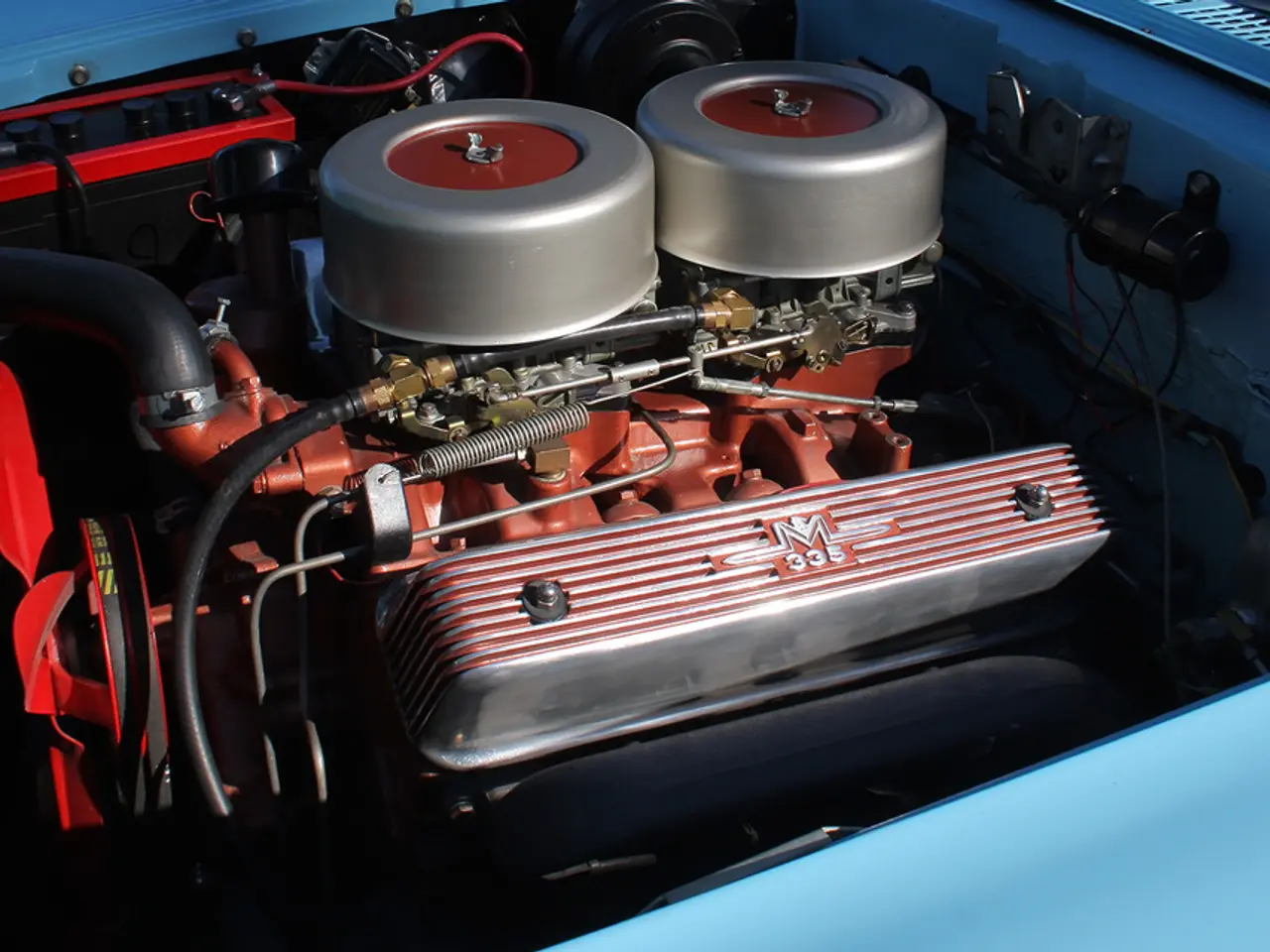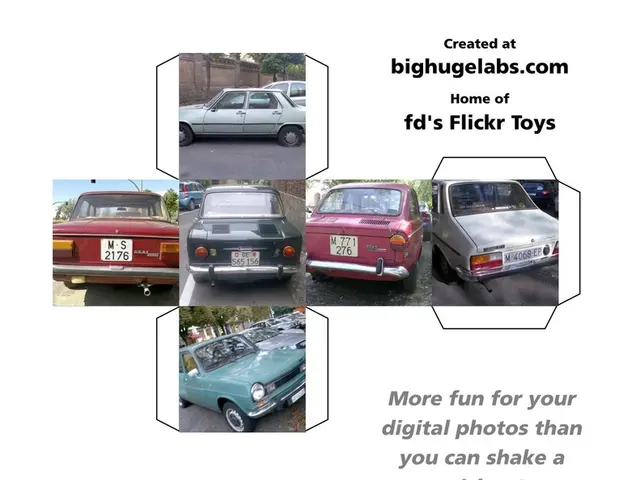Streamlining Production with Cutting-edge Technology and Maximized Productivity in Industrial Manufacturing
In the dynamic world of industrial manufacturing, three main processes are shaping the future: subtractive, additive, and forming processes. Each process has its unique methods and applications, contributing to the creation of a diverse range of products.
Subtractive Manufacturing is a process that removes material from a solid block (workpiece) to achieve the desired shape. Common techniques include Computer Numerical Control (CNC) Machining, Laser Cutting, and Metal Casting. CNC Machining, a computer-controlled cutting, drilling, or milling method, is widely used in aerospace and automotive industries for precision parts production. Laser Cutting offers high precision for sheet metals and components, while Metal Casting is used to create complex shapes in automotive and heavy machinery.
Additive Manufacturing, also known as 3D printing, builds parts layer by layer directly from a digital model without the need for tooling. Types of additive manufacturing include Stereolithography (SLA), Selective Laser Sintering (SLS), Fused Deposition Modeling (FDM), and Digital Light Processing (DLP). These methods are particularly useful for prototyping, short-run production, tooling fabrication, and complex geometries in various industries, such as aerospace, healthcare, and plastics.
Forming Processes shape materials into products by plastic deformation without adding or removing material. Common types include Sheet Metal Forming (bending, stamping), Forging, and Extrusion. Sheet Metal Forming is prevalent in the automotive, appliances, and construction industries, while Forging is instrumental in making strong, load-bearing parts. Extrusion produces uniform cross-section parts like pipes and rods.
Beyond these primary processes, industrial manufacturing can be classified based on production organisation, such as repetitive, discrete, job shop, continuous, and batch production. Each classification caters to different industry demands, from high-volume, low-variety production to customized, small batch production.
As the manufacturing landscape evolves, emerging trends are integrating automation, digital twins, and AI to enhance efficiency and flexibility. These advancements are bridging the skills gap, attracting talent to the industry, and driving technological advancement. Employer investment in training and education is crucial in this regard.
Moreover, sustainability is becoming increasingly important in industrial manufacturing. Sustainable practices, such as the use of renewable materials and recycling initiatives, are common, contributing to environmental sustainability by minimising waste. However, environmental regulations often increase costs for small manufacturers adopting sustainable practices.
In conclusion, the industrial manufacturing process plays a vital role in the economy, creating jobs, enhancing productivity, and driving technological advancement. By embracing innovation, sustainability, and a skilled workforce, the future of industrial manufacturing looks promising and adaptable to meet the ever-changing demands of consumers and industries alike.
Read also:
- Steel plant explosion in Pennsylvania results in two fatalities
- Cybersecurity concerns are increasingly being viewed as critical business matters by manufacturers' boardrooms, as per Rockwell's report.
- Investigation concludes reasons behind fire and explosion at BASF in July 2024
- City transition for a former meat processing facility








